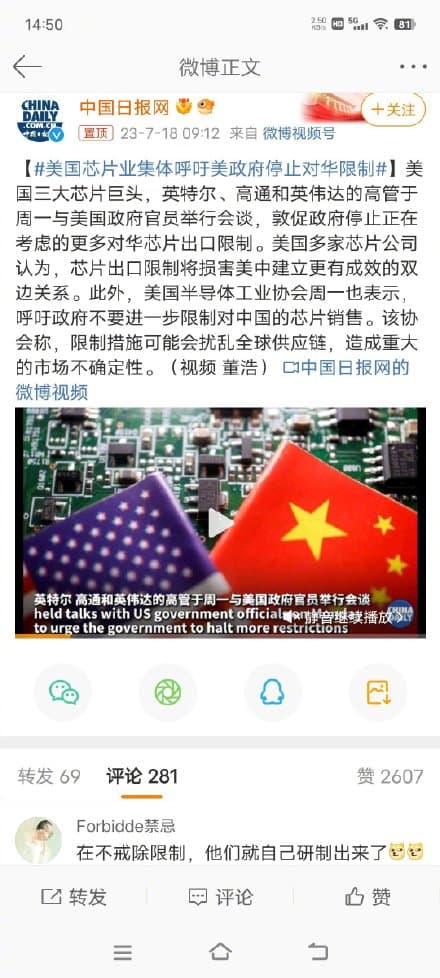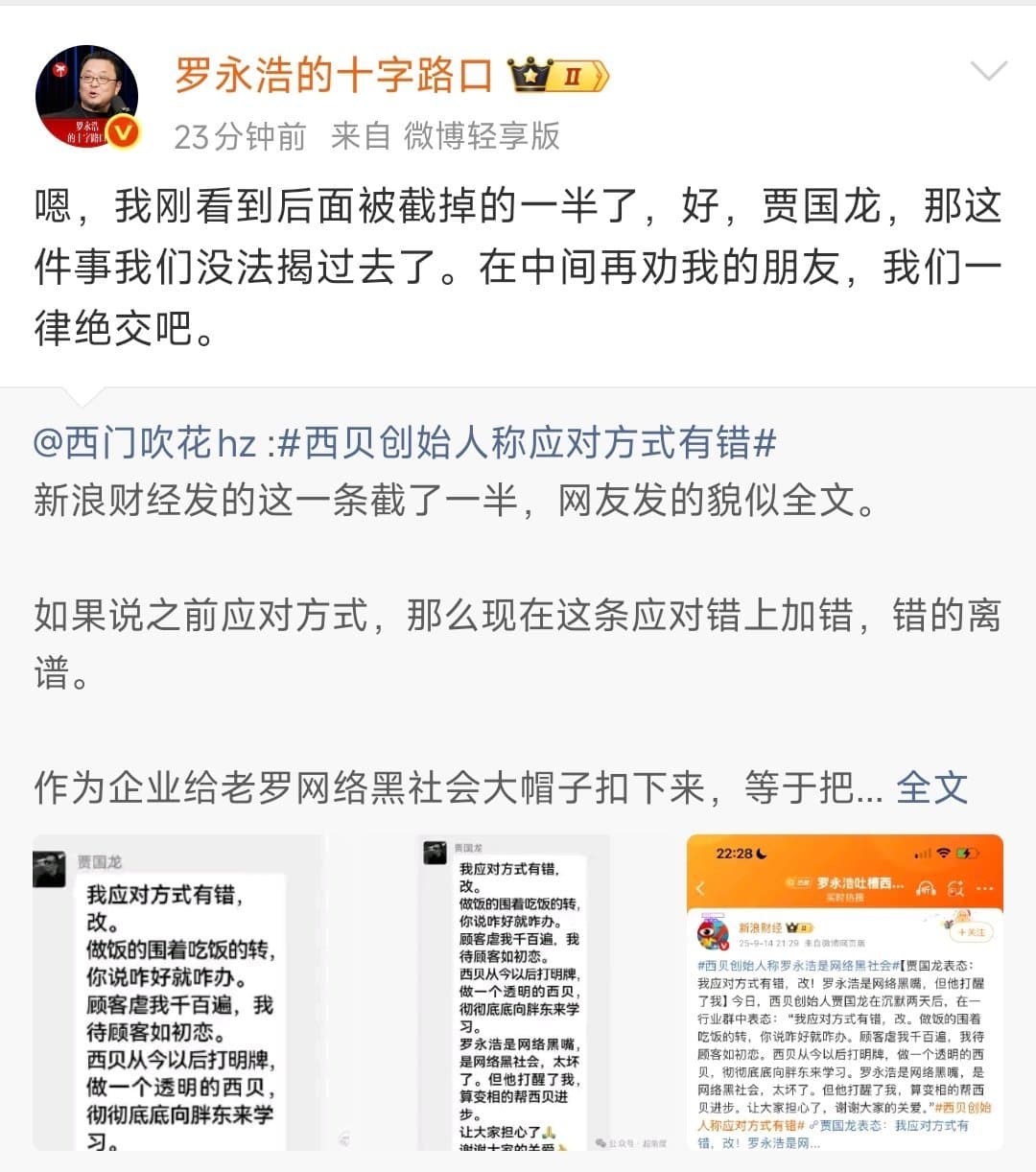U.S. chip industry collectively calls on U.S. government to end restrictions on China
Title: U.S. Chip Giants Urge Govt Not to Impose More Export Restrictions on China

17 July 2023
In a meeting with U.S. government officials, executives from Intel, Qualcomm, and Nvidia have urged against further chip export restrictions on China. The three major American chip giants argue that such measures would harm the development of a more productive bilateral relationship between the United States and China.
The U.S. Semiconductor Industry Association has also spoken out against further restrictions, calling for policies to prioritize the domestic market and involve more practitioners and chip-related industries in decision-making processes. With China's push towards self-reliance in the semiconductor industry, many experts believe that it is an inevitable development.
According to some Chinese social media users, it is better for China to focus on developing its own chip technology rather than relying on others. They suggest that illusions about the United States should be abandoned and emphasize the importance of researching and developing domestic chips.
Some users have expressed concern over the U.S.'s previous implementation of chip restrictions against China, urging the government not to impose more such measures. Others have called for collective action, such as boycotting products with American chip components, in response to potential restrictions.
In addition, some social media users have reminded people that the United States has previously used its power to limit China's development in various fields, only for China to eventually catch up and surpass them. They argue that China should continue to focus on domestic research and development without relying on others.
As China's chip industry continues to grow and mature, it is likely that the government will invest more resources into research and development to reduce reliance on foreign technologies. The U.S. chip giants' call for a balance between export restrictions and domestic market growth suggests that both countries may need to find common ground in order to maintain healthy economic relations.
Share this article
Related Articles
Falcons Edge XG 3‑2 in TI14 Finals, Leaving Chinese Star Ame a Three‑Time Runner‑Up
By Trending on Weibo
Sports
15 Sept 2025

Xi Jinping Elevates Cybersecurity to Core National‑Security Pillar, Driving China’s Quest for a Cyber Superpower
By Trending on Weibo
News & Politics
15 Sept 2025

Ruby Lin Says She and Wallace Huo Are Still “Adjusting” After Seven Years, Igniting Viral Debate on Celebrity Marriages
By Trending on Weibo
Entertainment
15 Sept 2025

Luo Yonghao vs. Xibei: Celebrity Entrepreneur Sparks Media Storm Over Pre‑Made Dishes and Calls for Transparency
By Trending on Weibo
News & Politics
15 Sept 2025

Alipay Users Rush to Revoke Permissions Over Hidden Authorizations, Sparking Nationwide Privacy Debate
By Trending on Weibo
Tech
15 Sept 2025